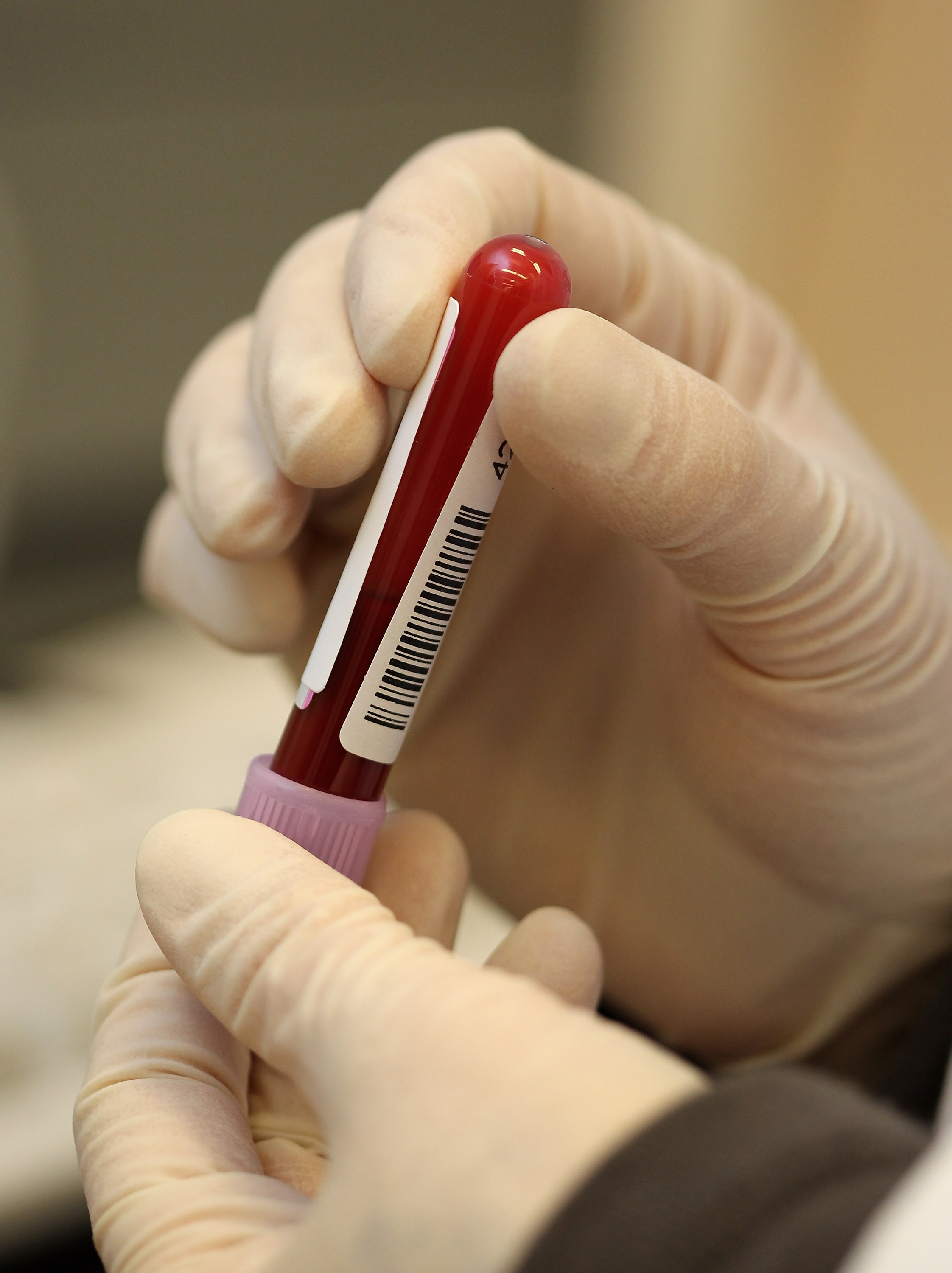Former pro cyclists at the centre of doping ring in Spain
El Español reveals details of police's 'Operación Astur'

Certain former professional cyclists were at the centre of a doping network in which illegal substances were supplied to amateur and aspiring athletes in Spain, according to a special report by El Español. The Spanish newspaper gained access to an investigation led by the anti-doping arm of the national police force, which has been dubbed 'Operación Astur'.
A number of seemingly isolated arrests were made last year, including that of Alexis Rodriguez, who used to ride for the Kelme team and was initially caught up in a doping raid at the 2001 Giro d'Italia. At his home police found anabolic steroids, growth hormone and EPO, as well as bags and canulas for blood transfusions, and a machine to measure hematocrit levels.
According to the investigation, the Spaniard - on the face of it - offered massage and coaching services to amateur athletes and cyclists, while also selling them performance-enhancing substances and, in some cases, administering those substances himself there and then.
Operacion Astur places Rodriguez as one cog in a wider doping ring, which saw the distribution of banned substances to various non-professional sportspeople in Spain - both amateur athletes and those aspiring to the professional ranks - across sports such as cycling, triathlon, and fustal.
"Rodríguez is only the first thread that investigators pulled at, unraveling a network in which a group of ex-cyclists (two of them professionals) and ex-athletes dedicated themselves to the buying, selling, and administering of doping products to tens of semi-professional sportspeople in the provinces of Salamanca, Lugo and Alicante," read El Español's report.
According to the investigation, the supplier through which Rodríguez obtained his products was fellow ex-cyclist and former teammate at Supermercados Froiz-Cabreiroá, Rafael Rodríguez Segarra. The Spaniard had won the Vuelta a Alicante in 2007 and ridden for the Pro Continental-level Contentpolis-Murcia team.
After his arrest in March last year, Rodríguez Segarra admitted to mostly selling EPO to aspiring sportspeople, but also in some cases growth hormone the anabolic steroid oxandrolone. The police investigation suggests he administered some of these substances directly to clients.
Get The Leadout Newsletter
The latest race content, interviews, features, reviews and expert buying guides, direct to your inbox!
Operación Astur also pins Ismael Ayas, a prominent cyclist on the amateur circuit, as central to the doping network. El Español describe a small family workshop registered as 'Ayas Brothers' as being a hub for the distribution of illicit substances.
"As well as EPO, anti-doping agents found empty capsules, stickers with oxadrolone printed on, and white containers, leading the authorities to believe the workshop was not only a delivery point but where Ayas himself prepared the dosages for sale," reads the report.
"Those same capsules found in the workshop, with those same stickers, were received by Alexis Rodríguez in Salamanca, with the name of Rodríguez Segarra as sender."